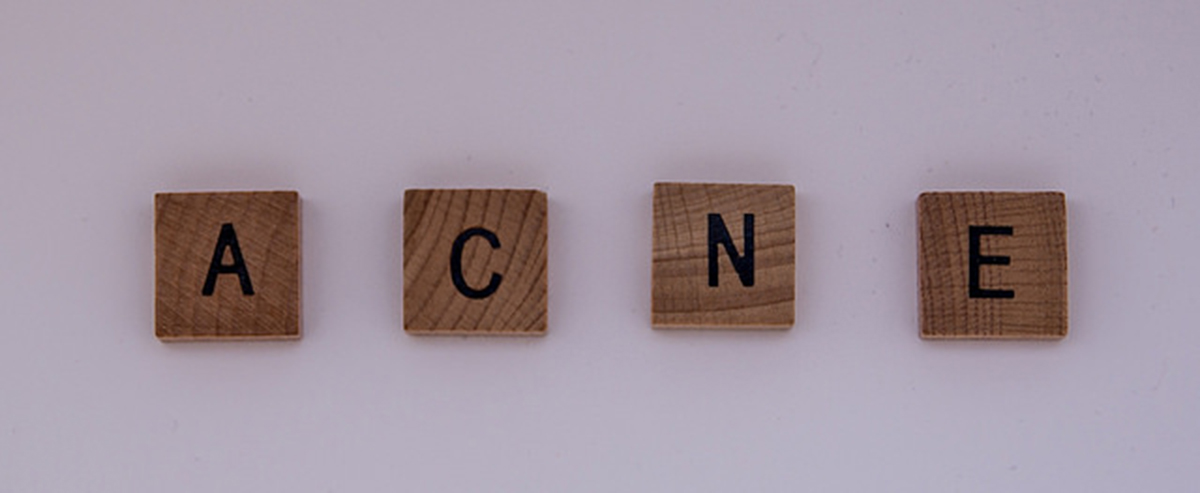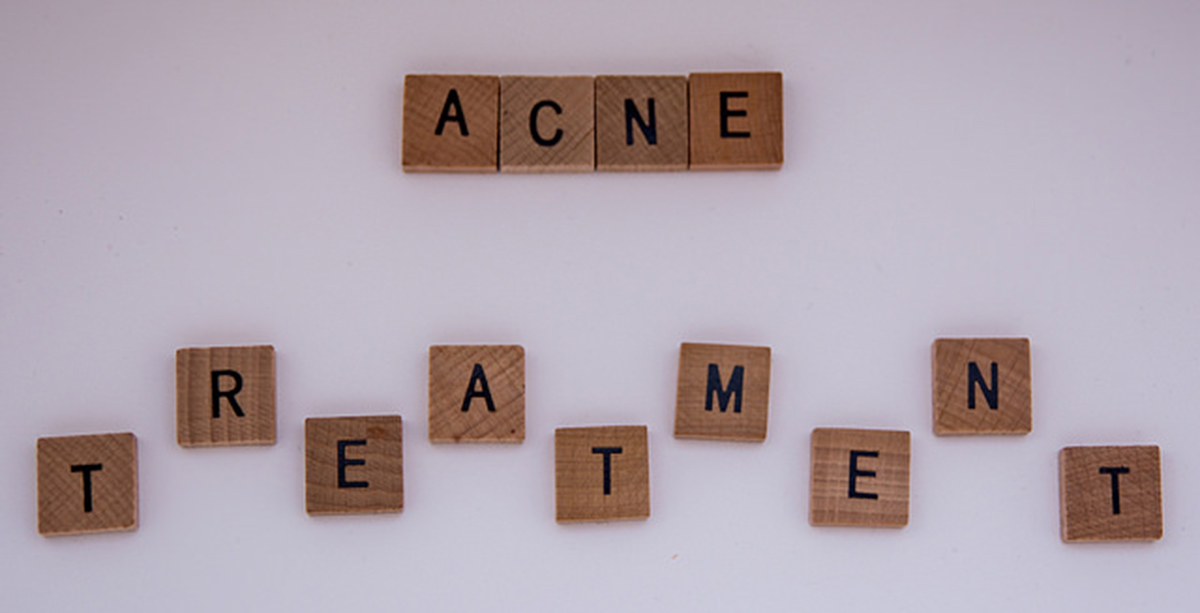Did you know that eight in 10 teens will suffer from acne? If you have it too, you are not just not alone, you belong to a huge majority. We know that doesn't make it any easier, however, and we know that you'd really, really like to have clear skin during this important time of your life. How do you get the skin you want?
What Is Acne?
Contrary to popular belief, acne comes in many different forms. They do have something in common, though: they all start with clogged up pores. What kind of pimples fall under the general umbrella term acne? Let's take a look. If you are anything like your average teen, some of these will definitely sound familiar to you!
- Blackheads are small black dots that look dark because your pores are open.
- So-called whiteheads result when your pores are tighter, and they are small flesh-colored bumps.
- When pore walls break, papules and pustules form. Papules are hard, noticeable bumps that usually don't contain fluid and never contain pus (that yellow stuff), while pustules have pus in the center — they are probably what you typically think of when you hear the word "acne". Pustules form when oil and bacteria are trapped deeply inside a pore, causing the body to send white blood cells to its rescue. Pus is, in fact, made up of dead white blood cells.
- Nodules and cysts are even more irritated pimples. Larger than pustules, nodules form deep within your skin — where they can lead to pain, and eventually scarring as they form into cysts and fill with pus.

So you now know that acne is caused by clogged pores, filled with dead skin cells, bacteria, and oil. Everyone actually has these three things on their skin, but not everyone gets pimples all the time. Why is that?
Teens are more prone to acne because they produce larger amounts of androgens, male sex hormones that include testosterone. Yes, girls too! Testosterone tells your skin to produce more oil. Acne also has a strong hereditary component, which means that if your mom and dad suffered from acne, or other relatives did or do, you are more likely to get a bad case of it yourself.
READ Acne: What Works and What not?
Inflammatory and cystic acne are the most severe forms of acne, and they require medical treatment.
If you think you have blackheads, whiteheads, papupules or pastules (or a combination of these), you probably won't need to see a doctor. There are steps you can take at home to improve the condition of your skin. More about that on the next page.
Figuring Out How To Care For Your Skin
Your Daily Cleansing Routine
Whether you already suffer from acne or would like to prevent it, you need a good skincare routine. By washing your skin twice a day, once in the morning when you get up and once before you go to bed, you remove those bacteria and dead skin cells and that excess oil we talked about earlier. Don't wash your face more than twice a day routinely, however, or you could be sending your skin the message that it needs to start making more oil — leading to, you guessed it, an increased chance of acne.
A facial cleanser doesn't need to cost lots of money, but it does need to be right for your skin. Skin comes in four main types:
- "Normal" skin isn't either too dry or too oily, and doesn't come with many impurities.
- Dry skin is rough and itchy, sometimes with visible flakes.
- Oily skin is the most acne-prone, with open pores, pimples, and visibly excessive oil — oily skin will be shiny.
- Combination skin is the worst of both worlds. You'll have oily skin in that so-called T-zone, with drier skin everywhere else.

If you have normal skin, even just washing with soap and water twice a day will do the trick for you. People with dry skin, meanwhile, need to steer clear of harsh products that will dry their skin out even more. That means perfumed products and those containing alcohol won't be any good for you. Teens with oily skins can use soap and water or a cleanser designed for oily and acne-prone skin, while those with combination skins will need to use a mild cleanser for the dry areas, and a cleanser for oily skin on their shiny areas.
Other Tips To Fight Pimples
No matter what skin type you have, moisturizing your skin will help keep it healthy. Apply your moisturizer in the morning after washing your face, and again after washing your face before you go to bed. If your skin is acne prone, look for a moisturizer designed for your skin type. These products will be advertised as noncomedogenic, which means they keep pimples at bay. If you have normal, dry or combination skin, look for moisturizers for your skin type as well.
A word about makeup. Yes, it can clog your pores up, making those breakouts worse. You already knew that. If you're a teen girl, chances are that you are going to use it anyway — it looks great, and can go a long way towards hiding those pimples too. Again, look for noncomedogenic products. Make very sure you take it off at the end of the day while you clean your face. Going to bed with makeup on deprives your skin of the chance to breathe, and will almost certainly make any acne you have worse. Don't do it.
I know — you will do this, at least once. When you do, just know that it will make things worse in the end, causing pain, unsightly little wounds, and even scars. If anyone has told you that sunbathing makes your acne better, know that that isn't true either. The sun's rays can aggravate your acne, and if you're using any acne medications, it can make your skin hypersensitive as well.
READ Natural and Home Remedies for Acne (Pimples)
And what should you do? Eat well. It may improve your acne, and even if it doesn't, it's good for your body. Relax, because stress can make acne worse. And exercise regularly, because that is good for your skin too.
And If That's Not Working?
If your pimples are really bad, don't suffer in silence and tell your parents that you'd like to see a doctor about it. If you and your folks think your pimples can be handled at home, there are lots of over-the-counter options. Two ingredients that work magic at fighting pimples are benzoyl peroxide and salicylic acid. Benzoyl peroxide kills bacteria and rids your skin of a good portion of oil and dead skin cells too. Salicylic acid unclogs your pores. Remember that it's important to follow the instructions on the package insert to the letter. Don't use more than it says, and don't use it more often.
- Photo courtesy of practicalcures: https://www.flickr.com/photos/practicalcures/23388045145/ and https://www.flickr.com/photos/practicalcures/23020066689

